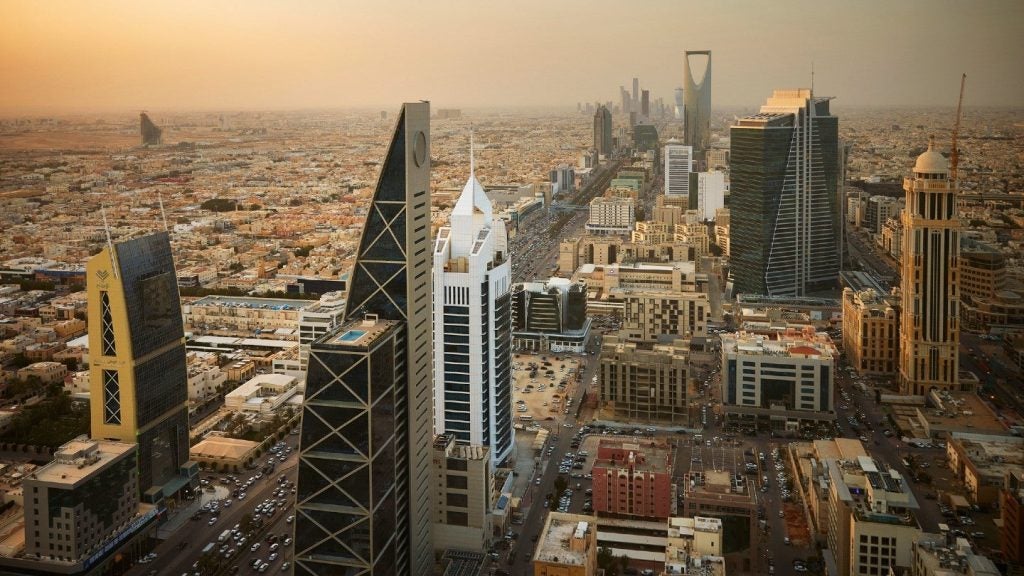

‘Elf and safety’ stewards will be strolling the streets of central Cardiff throughout December in a bid to keep the city safe from Covid-19 with a touch of Christmas cheer. While it may not be the most effective tool in the council’s efforts to combat the pandemic, it characterises the city’s vibrant arts and entertainment scene as well as its warm visitor welcome.
Cardiff is the capital city of Wales and the powerhouse of the Welsh economy. In the 19th century, it was transformed from a small town into a big city as the demand for coal from its nearby mines rose during industrialisation. However, with the decline of the mining industry from the 1960s onwards, Cardiff gradually repositioned itself as a business and financial services sector-driven economy with information and communications technology, creative industries and tourism also becoming important in the city.
Heather Anstey-Myers, CEO of South and Mid Wales Chambers of Commerce, says Cardiff’s professional and financial services sectors position the city at the heart of global services infrastructure. “Cardiff is the closest capital city to London, and a natural place for the service sector to base its second home,” she adds. “This creates a strong ecosystem of interrelated services.”
Cardiff’s only FTSE 100 company, Admiral Group, was founded and headquartered in the city centre and remains a pioneer within its sector, given that the international insurance company has helped create an ecosystem for companies looking to establish back office operations in the UK. “We may not always get the head office investments, very often it is the support functions – that is our market and that is where the jobs are coming from,” says councillor Russell Goodway, a former lord mayor of Cardiff and former CEO of Cardiff Chamber of Commerce.
Admiral’s head of property and facilities management, Huw Llewellyn, says that the location criteria filled by Cardiff includes being easily accessible from Bristol and London, as well as there being a large variety of commercial businesses already established in and around the city. “The national train links are excellent and local public transport provision supports an agile working environment which we have really embraced in 2020,” he adds.
How well do you really know your competitors?
Access the most comprehensive Company Profiles on the market, powered by GlobalData. Save hours of research. Gain competitive edge.

Thank you!
Your download email will arrive shortly
Not ready to buy yet? Download a free sample
We are confident about the unique quality of our Company Profiles. However, we want you to make the most beneficial decision for your business, so we offer a free sample that you can download by submitting the below form
By GlobalDataThe professional services sector has escaped the worst effects of the Covid-19 crisis when compared with other sectors, according to Goodway. “And to some degree new opportunities have arisen with a greater requirement for professional advice and support around business regulations, as with Brexit,” he says. But Goodway is not so optimistic about the hospitality, retail and leisure industries, which he says have lost about 7,000 city centre jobs to the pandemic. “We expect it to get worse and will be watching the impact closely,” he adds.
How FDI boosts Cardiff’s employment numbers
Despite suffering from job losses due to the pandemic, the past decade saw unemployment in Cardiff peak in 2013 at 10.3%, followed by a continual decrease to reach a figure of 3% in June 2020, according to Statistics Wales.
Cardiff has a young population, with 63.7% of its 361,900 people aged 16–64 in 2019, according to Nomis, compared with a UK average of 62.5%. ONS projections show a population increase to 433,400 by 2036, making it the fastest-growing core city in the UK.
According to research published by the Welsh government in 2019, about 0.5% of enterprises active in Wales were foreign-owned. These businesses accounted for 14.3% of employment, up from 12.5% in 2003. Since 2018 the number of foreign-owned businesses in Wales as a whole has increased by 8%, contributing an increase in employment of 4.3%.
Cardiff ranked tenth among UK cities (excluding London) for greenfield investment projects in EY’s UK Attractiveness Survey. In 2019, the city won ten FDI projects (up from eight the previous year) despite FDI projects across Wales decreasing by 7% to 24 projects. This meant Cardiff took a 42% regional share of all FDI projects.
Of the ten inward investment projects coming into Cardiff, five were in sales and marketing, one was in testing and services, and three were in research and development. French transport company Keolis also chose Cardiff as its UK headquarters, transferring all functions from London in February 2020. On opening its new headquarters, UK CEO Alex Gordon cited the availability of skills and quality of life among the reasons for the move.
Cardiff’s ability to attract foreign investment is the result of an inward investment strategy that spans over 30 years, according to Goodway. “Our magnet for investment sometimes centres around quality of life issues as much as the business opportunities,” he says.
Indeed Llewellyn says Cardiff and the surrounding areas have provided Admiral with a highly skilled and committed workforce, but he adds: “Cardiff’s appeal as a place to live has also allowed the company to attract people from other areas of the UK and beyond to work for us.”
How arts, leisure and events give Cardiff an edge
With a thriving arts and leisure scene, companies choosing to locate in Cardiff include the BBC, and TV and film production company Bad Wolf, whose former BBC executive founders named the company as a homage to an iconic episode of the Doctor Who television series, the relaunch of which was filmed in Cardiff.
The city also stages a number of global events. Cardiff’s Millennium Stadium was one of the 2015 England Rugby World Cup venues, bringing more than £380m into the local economy, £178.9m of which was tourism spend. Furthermore, an EY post-games study found 41% of tickets sold for the eight games that Cardiff hosted were to international visitors. In June 2017, the city hosted the UEFA Champions League final, which Cardiff City Council estimates brought in about £45m in additional spending to the city, as well as a great deal of global prestige.
A new £150m indoor arena with a capacity of 15,000 scheduled for completion in 2023 is expected to attract more than one million visitors a year and generate £100m for the local economy annually, according to the council. It will also create more than 2,000 jobs during its three-year building programme, and another 1,000 direct jobs upon completion, along with an estimated 600 associated positions.
A rising tourist destination
Goodway says Cardiff’s capacity to stage big events is one of the city’s key targets in terms of tourism. “Attracting more tourists to the city, visitors who stay longer, is one of the criteria that underpins the decision to build [the indoor] arena,” he adds.
Although tourism in coastal and rural parts of Wales has largely survived the Covid-19 crisis, with only 4% of businesses having made redundancies, tourism in south-east Wales is struggling, according to the Welsh Government Tourism Barometer, which notes that “Cardiff often hosts large events, and events are not happening”.
As Wales regroups after the devastating effects of the Covid-19 pandemic, Cardiff’s role as a core UK city with a young and educated workforce should keep it on the radar of foreign investors. Anstey-Myers cites the high proportion of graduates in the workforce as a further factor supporting this message to investors, saying: “The role of the talent pool in Cardiff’s growth cannot be underestimated.”
Given that the city has three universities, three business and law schools, a graduate workforce of 30% and 1.4 million workers who live within a 30-minute commute, according to the Welsh government’s inward investment agency Business Wales, this talent pool should form the foundation of Cardiff’s post-Covid economic recovery.
For more of Investment Monitor’s coverage of the UK’s cities, read through our Future of British Cities series:
- Aberdeen
- Belfast
- Birmingham
- Bradford-Leeds
- Brighton
- Bristol
- Cardiff
- Coventry
- Dundee
- Edinburgh
- The East Midlands
- Glasgow
- Hull
- Kent
- Liverpool
- Manchester
- Newcastle and the North East
- Norwich
- Plymouth
- Portsmouth
- Reading
- Sheffield
- Southampton
- Stoke-on-Trent
- Swansea
- Wolverhampton






